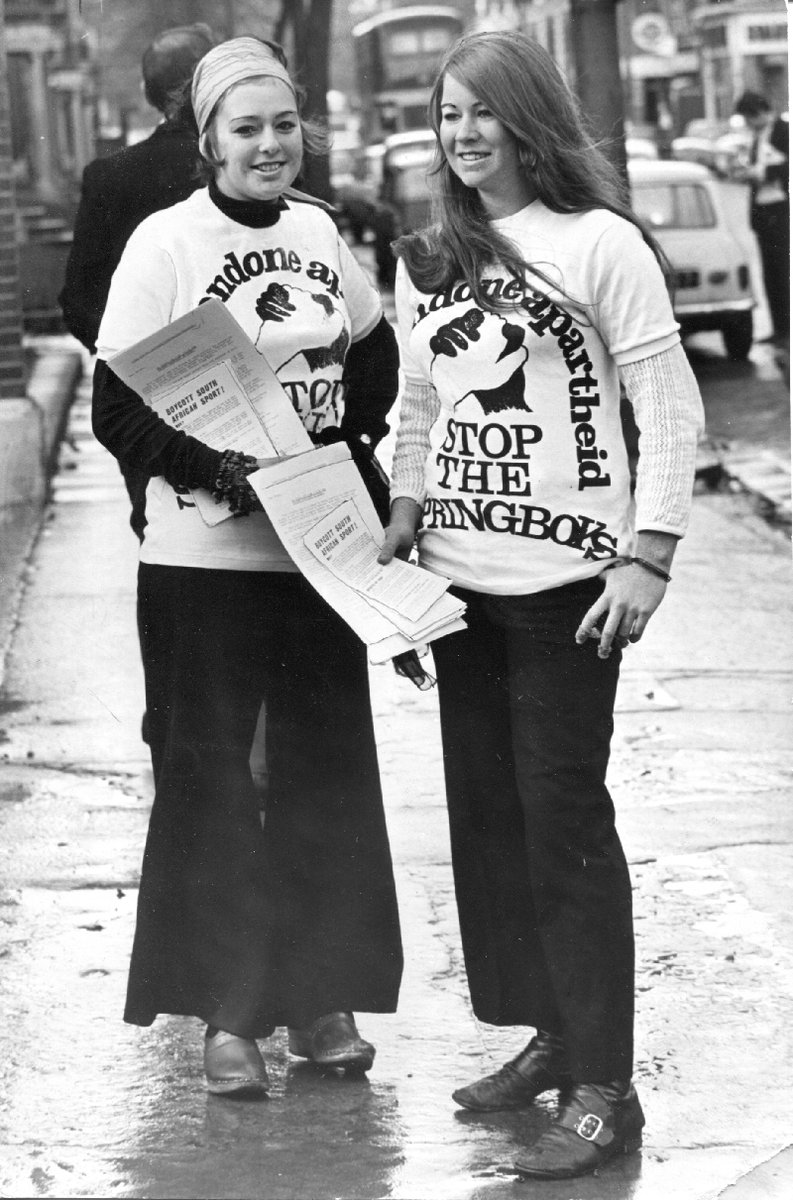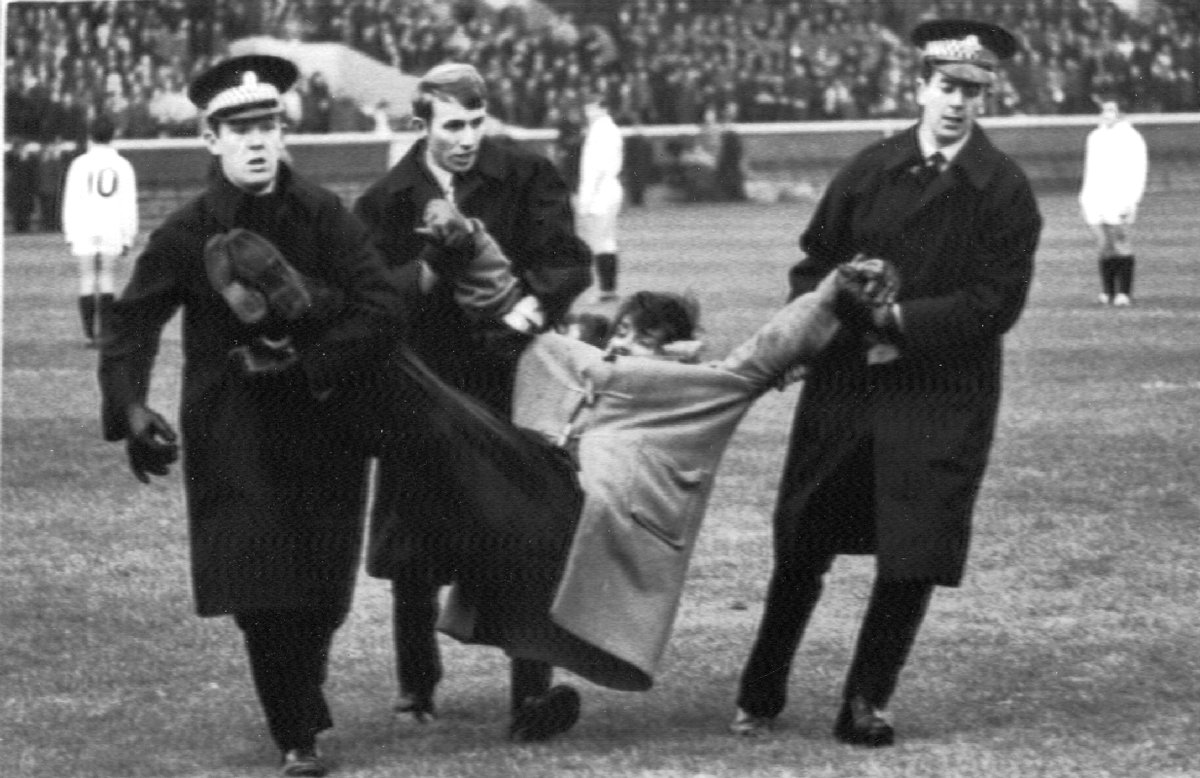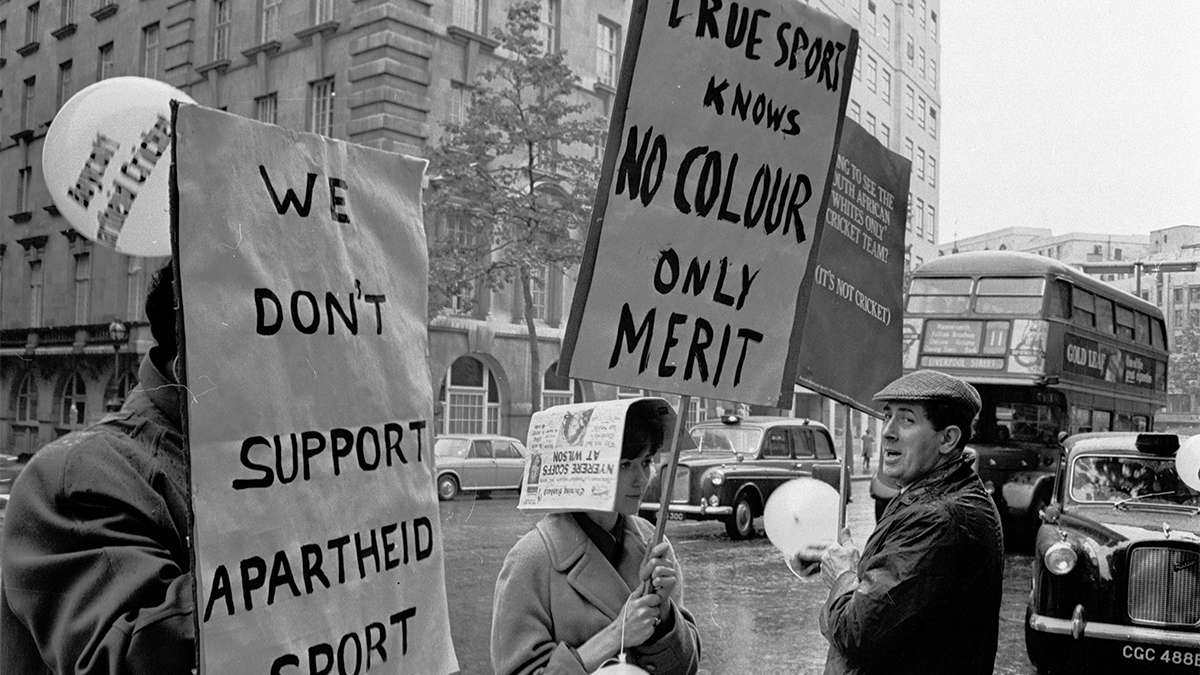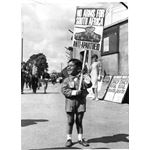
"He said that it had been proved in the past specific organisations definitely had police spies among their members and attending their meetings"
"He added that everyone present should continually be checking up on each otherto ensure that each individual was a genuine revolutionary and not a police spy"
"He then said that any police spied found in revolutionary groups should, at least, get a 'good hiding' from the others"
You can read these summaries (made by the Inquiry) in the CTI's opening statement: ucpi.org.uk/publications/c…
The other officer whose evidence and exhibits will be uploaded today is HN344, who used the cover name 'Ian Cameron' to infiltrate the Anti-Internment League and the Northern Minorities Defence Force in 1972. See pp90-92 of the CTI opening statement for more about him
• • •
Missing some Tweet in this thread? You can try to
force a refresh












